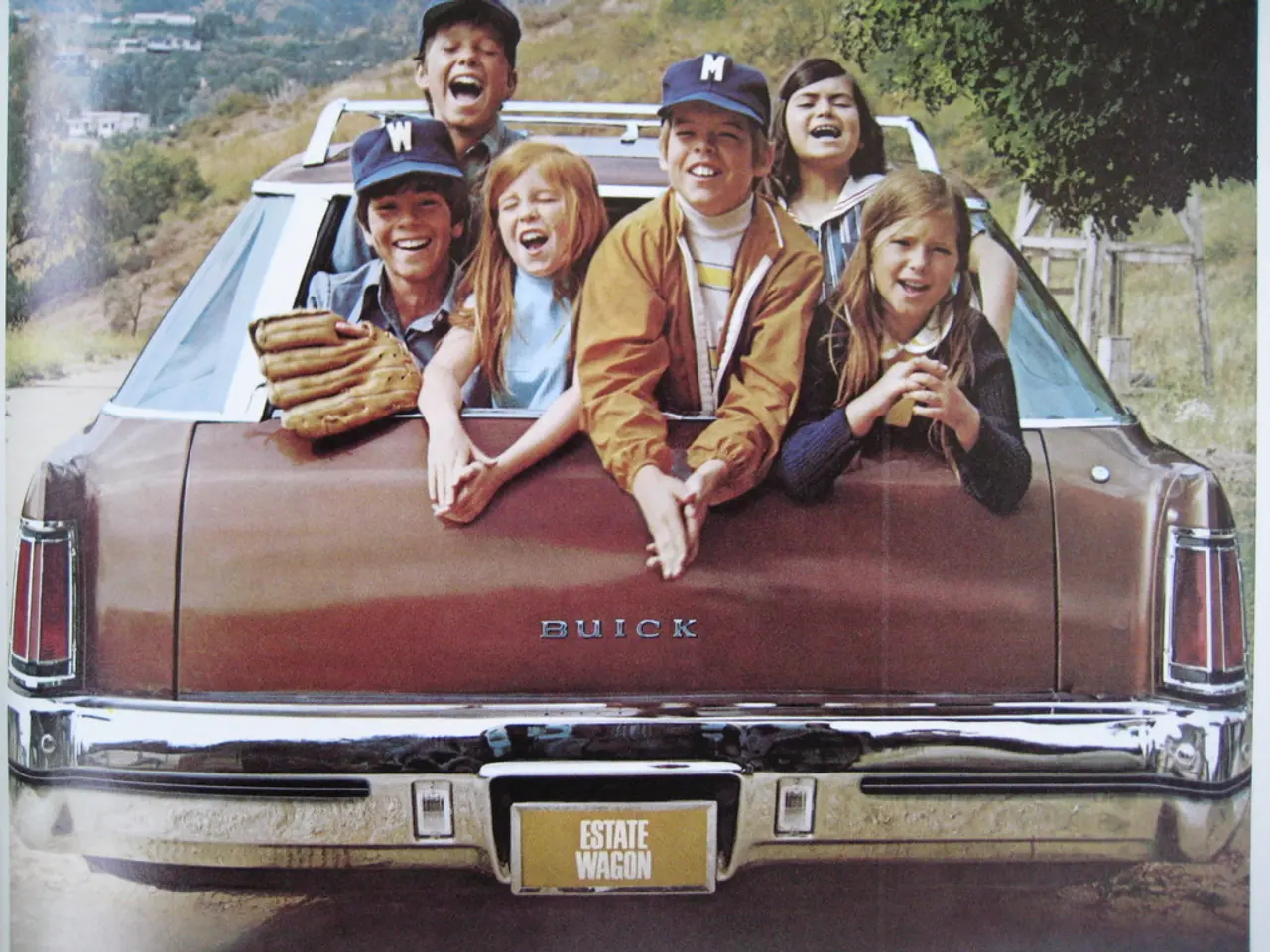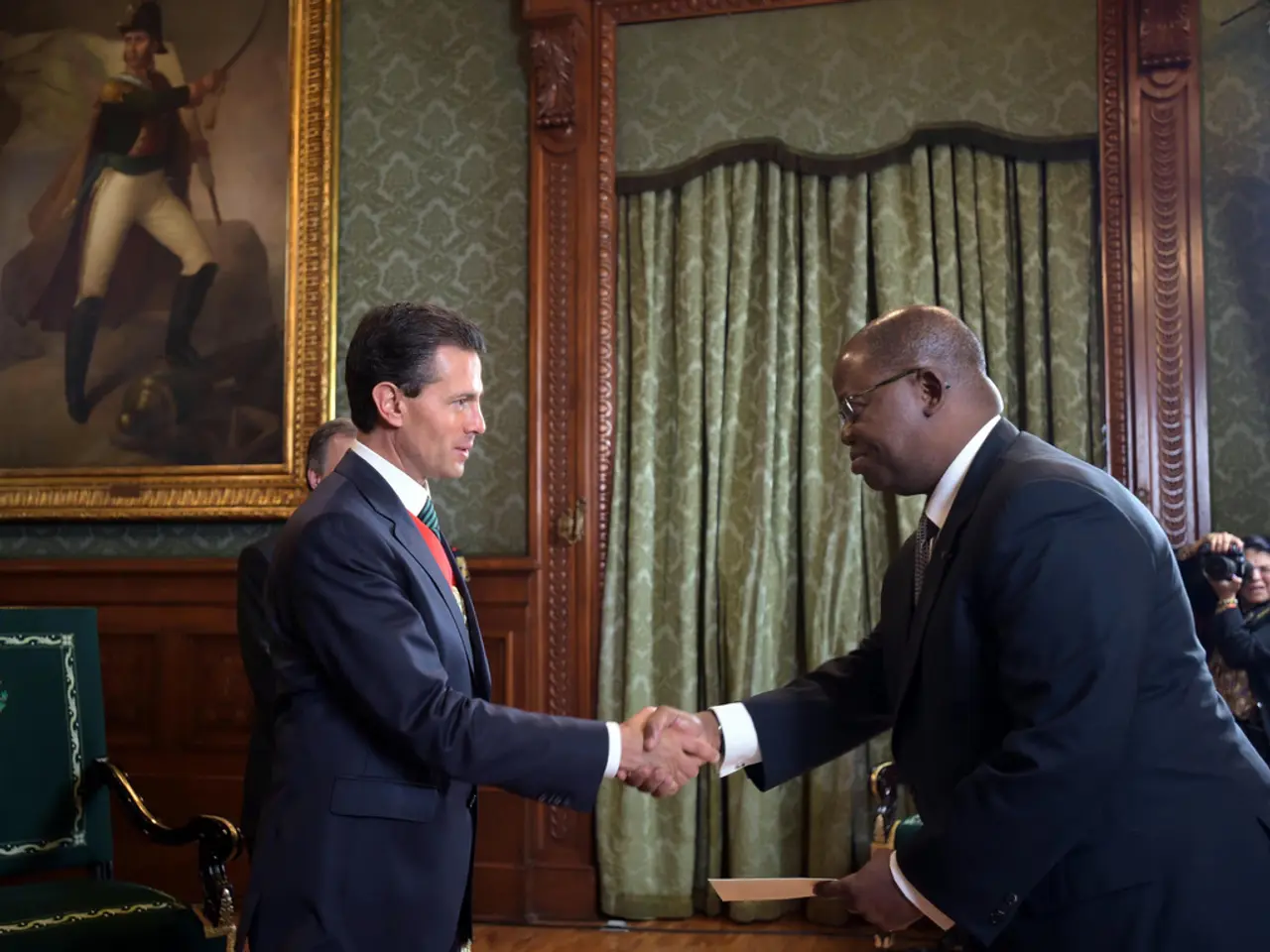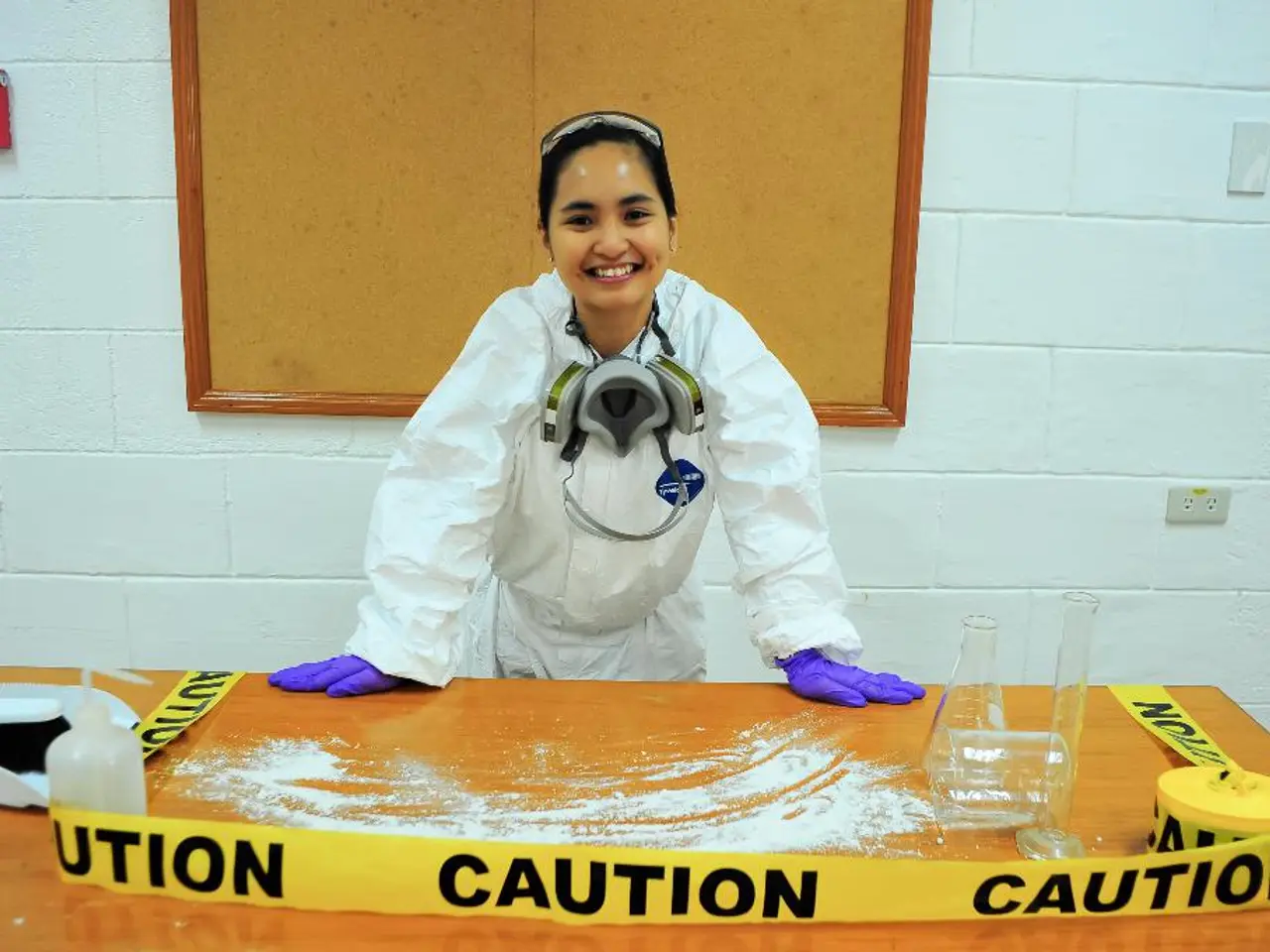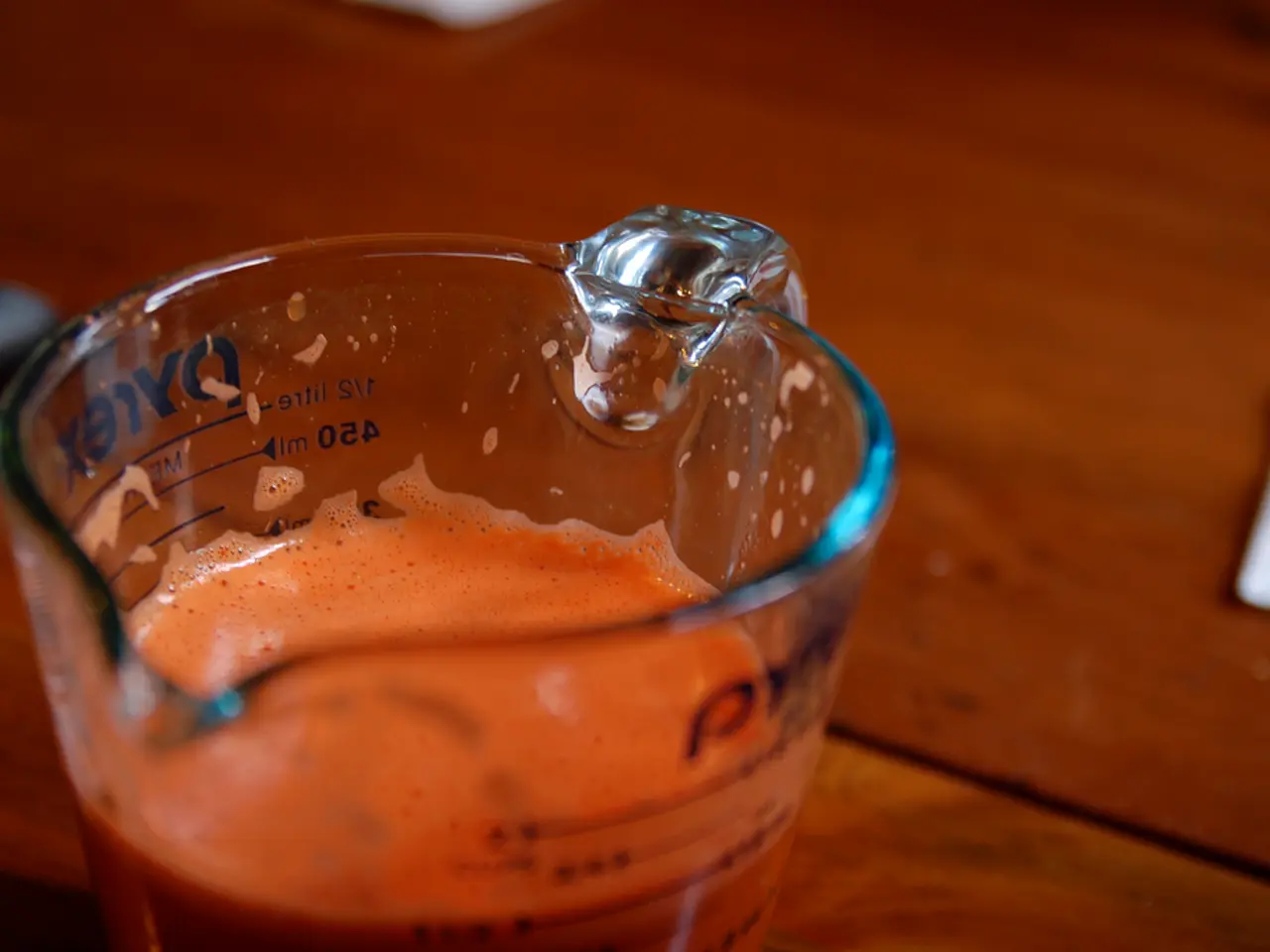Steps for Comforting a Child in the Event of a Car Accident
A road traffic collision can be a traumatic event, especially for children who may not fully understand the situation. Here's a guide on how to help children cope emotionally and support their recovery.
## Understanding Their Reactions
Children's reactions to a road traffic collision can vary greatly. They may feel scared, anxious, or guilty, and it's essential to acknowledge these feelings and reassure them that their emotions are valid and normal. Common reactions include fear of cars, avoidance behaviors, or increased anxiety. These responses, while intense, are part of the healing process.
## Providing Immediate Support
In the immediate aftermath of a collision, it's crucial to stay calm and reassure the child that they are safe. Simple techniques like deep breathing, counting, or focusing on sensory inputs can help children feel more grounded and present. Physical contact, such as hugs or holding hands, can provide comfort and reassurance.
## Long-Term Support
Encouraging open communication is key to helping children process their emotions. Stick to normal routines and activities to provide stability and predictability, which can help reduce anxiety. If their emotional distress persists or interferes with daily life, consider consulting a mental health professional for additional support.
## Other Considerations
Secured baby seats and children's seats can absorb a good amount of impact, and seatbelts can keep children secure. Allowing children to bring a favorite toy or play music they like can create a comforting environment in the car. Children often look to adults in the car to determine their reaction, so being peaceful can help them remain calm.
It's important to give children time to calm down before addressing the situation or explaining what happened. There's no specific script for what to say to children after a collision; staying close, keeping a steady voice, and providing comfort can be enough.
Children's emotional responses to a road traffic collision may not be immediate and can manifest days later, such as refusing to get in the car or asking about crashing again. It's essential to drive carefully and pay attention to children's emotional states during the first few car trips after a collision.
Short, simple trips can help rebuild a sense of normality after a road traffic collision. Being held and feeling safe can help children understand that they are secure after the collision. It's crucial to accept that the collision wasn't your fault and that you're not a worse parent for having gone through this, despite feelings of guilt.
If children continue to struggle after a road traffic collision, consulting a child's doctor may be necessary to ensure recovery pathways are considered. Normal journeys can help minimize tension during the first few car trips after a road traffic collision.
By being supportive and understanding, you can help children navigate the emotional aftermath of a minor car accident and support their recovery.
- It's crucial to acknowledge children's emotional responses to car-accidents, such as fear of cars or increased anxiety, as these are part of their healing process.
- In the realm of general-news and parenting, it's essential to provide long-term support for children's emotional well-being, encouraging open communication, maintaining normal routines, and seeking mental health professional help if needed.
- In incidents of health-and-wellness related to car-accidents, it's important to ensure the safety of children during travel through the use of secured baby seats, children's seats, and seatbelts, while also creating a comforting environment with familiar items like favorite toys or music.




